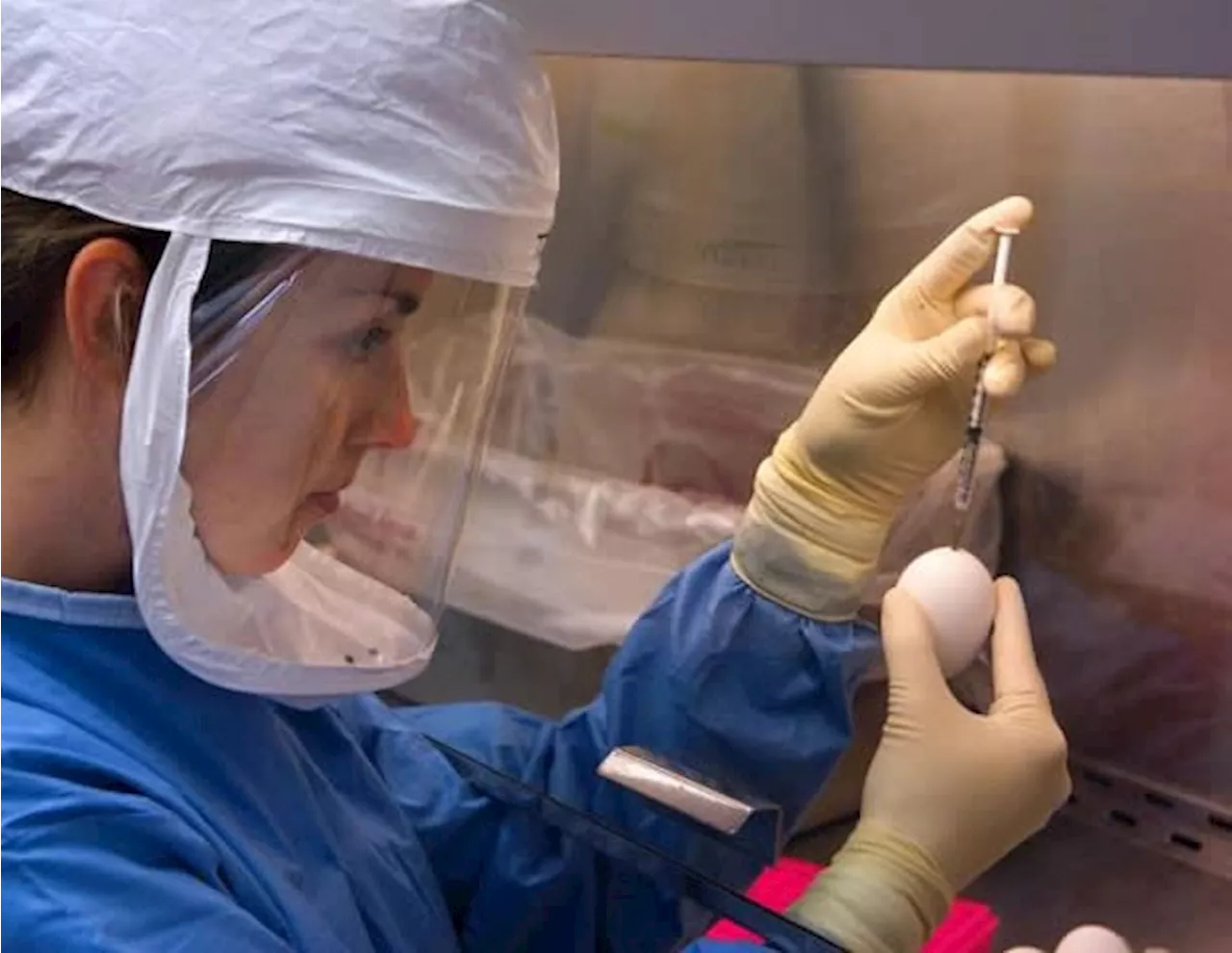Public health was defined by C.E.A. Winslow (1920) as 'the science and art of preventing disease, prolonging life, and promoting health and efficiency through organized community efforts and informed choices of society, organizations, public and private communities, and individuals.
Key concepts and components of public health Public health involves a collective social effort to enhance health and prevent communicable and non-communicable diseases. Public health fulfills its mission through organized, interdisciplinary efforts that address the physical, mental, and environmental health concerns of communities and populations at risk for disease and injury.
The following are the three main roles of public health: Identifying health issues and priorities by evaluating and monitoring the wellbeing of at-risk groups and communities; Creating public policies to address these regional and national health goals and concerns in partnership with community and government leaders; Ensuring that all populations have access to appropriate and affordable health promotion and disease prevention services, as well as monitoring the success of this care.
Biostatistics The theoretical foundation for deriving knowledge from data, even in the face of unpredictability and uncertainty, comes from statistical reasoning.5 Most empirical research in clinical medicine and public health relies heavily on it; the greatest studies include biostatistical input on everything from study design to data analysis and reporting.
This means that instead of focusing on acute interventions, health managers and leaders at the community level must adjust health services to prioritize long-term care and prevention. Increases in communicable and non-communicable diseases are occurring in countries all over the world, from Asia and Europe to Africa. This has an impact on how health systems must develop and distribute resources.7
Related StoriesPolicies pertaining to the environment and health should be linked because of their close relationship. Improving air quality and ensuring sufficient sources of safe drinking water have a substantial positive impact on people's health and wellbeing. Bathing water quality is also found to have significant societal advantages, which justifies the expenditures of abatement measures. Mitigating the effects of climate change is crucial for improving public health.
The goal of public health has always been to lower population-level health hazards through behavior modification. Ideas such as health literacy refer to individual knowledge and abilities that are learned from day-to-day experiences and interactions and are essential for encouraging health-related behaviors.12
Public Behavioral Environmental Science Social
United Kingdom Latest News, United Kingdom Headlines
Similar News:You can also read news stories similar to this one that we have collected from other news sources.
 Food hygiene ratings mapped: The areas with the worst inspection backlogsUnison, the public services union, has described the matter as 'a serious public health issue'
Food hygiene ratings mapped: The areas with the worst inspection backlogsUnison, the public services union, has described the matter as 'a serious public health issue'
Read more »
 Boston City Council considers public health emergency amid Carney Hospital closureThe Boston City Council is scheduled to take up a resolution Wednesday seeking an emergency declaration tied to Steward Health Care's plan to shutter Carney…
Boston City Council considers public health emergency amid Carney Hospital closureThe Boston City Council is scheduled to take up a resolution Wednesday seeking an emergency declaration tied to Steward Health Care's plan to shutter Carney…
Read more »
 Q&A: Public health expert discusses social media's impact on teensAs the United States government considers major policy decisions regarding social media, including a potential forced sale of TikTok and new legislation to protect young users, the comprehensiveness of research informing these decisions faces scrutiny.
Q&A: Public health expert discusses social media's impact on teensAs the United States government considers major policy decisions regarding social media, including a potential forced sale of TikTok and new legislation to protect young users, the comprehensiveness of research informing these decisions faces scrutiny.
Read more »
 Native American public health officials are stuck in data blind spotIt's not easy to make public health decisions without access to good data. And epidemiologists and public health workers for Native American communities say they're often in the dark because state and federal agencies restrict their access to the latest numbers.
Native American public health officials are stuck in data blind spotIt's not easy to make public health decisions without access to good data. And epidemiologists and public health workers for Native American communities say they're often in the dark because state and federal agencies restrict their access to the latest numbers.
Read more »
 Public health risks of algal blooms on Lough Neagh detailed in studyThe new study outlines the profound ecological impact and significant environmental and public health risks that blue-green algae in Lough Neagh present.
Public health risks of algal blooms on Lough Neagh detailed in studyThe new study outlines the profound ecological impact and significant environmental and public health risks that blue-green algae in Lough Neagh present.
Read more »
 Researchers discover new Candida auris—a possible global public health threatResearchers from the Singapore General Hospital (SGH), A*STAR's Genome Institute of Singapore (GIS) and Yong Loo Lin School of Medicine at National University of Singapore (NUS Medicine) have discovered a new clade (or type) of Candida auris, bringing the number of clades known globally to a total of six.
Researchers discover new Candida auris—a possible global public health threatResearchers from the Singapore General Hospital (SGH), A*STAR's Genome Institute of Singapore (GIS) and Yong Loo Lin School of Medicine at National University of Singapore (NUS Medicine) have discovered a new clade (or type) of Candida auris, bringing the number of clades known globally to a total of six.
Read more »
